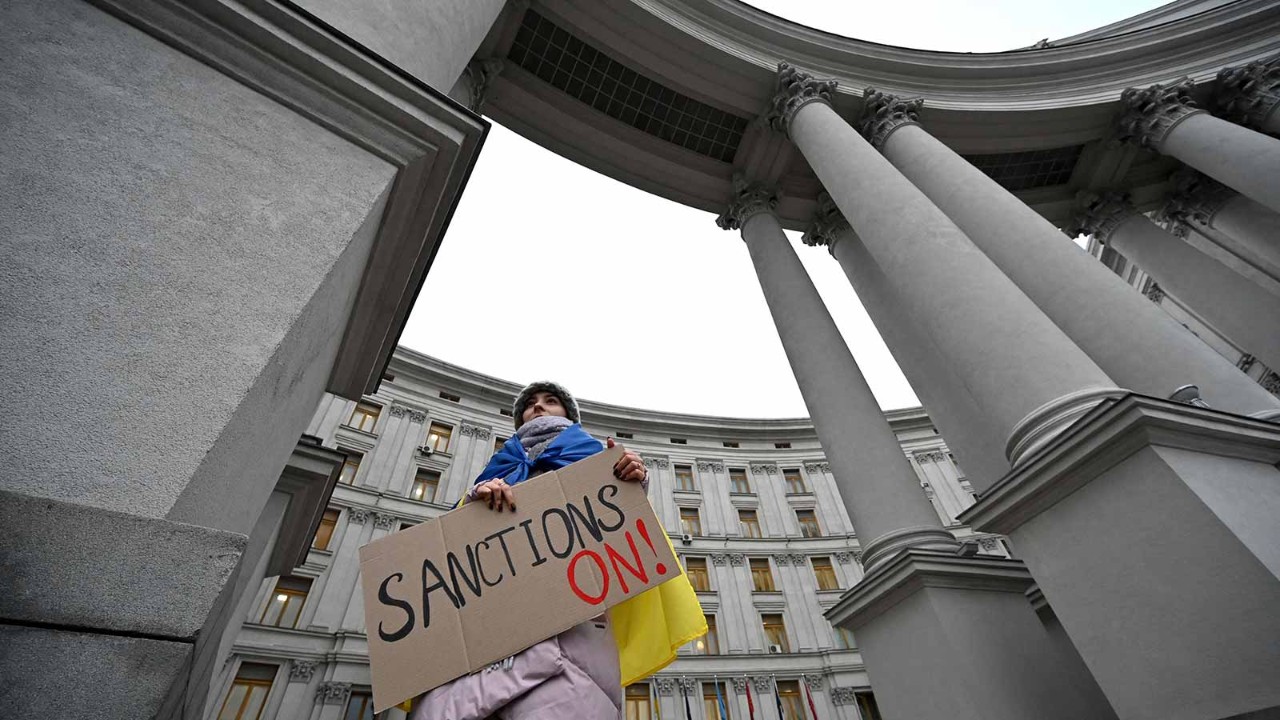
In today’s global economy, eliminating sanctions-related businesses from the supply chain is complex (as highlighted in the recent article ‘Supply chain pain’).
Once you have rooted out the affected links in the chain, you also need to give careful thought before terminating or varying the terms of any supply agreement. There is a risk of considerable damages claims if actions are found to breach your agreement.
Consider how the sanctions apply to the contract, the terms that apply and how these should be interpreted
Direct impacts
The starting point for any business is to understand what (if any) government sanctions apply to your supply chain; check the government’s list of the people, entities and ships that are currently included. This list is regularly updated, so you need to continually monitor the situation to ensure you are compliant.
If sanctions make the performance of a contract impossible, a contracting party can seek to terminate the agreement. But it is important to consider how sanctions apply to the contract in question, the terms that apply and how these should be interpreted, to ensure the contract is not breached.
For example, many supply contracts contain force majeure provisions that allow a party to terminate the contract if a specified event occurs that is beyond that party’s control. These clauses are not implied under English law, but it is important to understand the international context; some jurisdictions have force majeure provisions implied in a contract, even if this was not agreed between the parties.
Even if a business is not subject to sanctions, you can face reputational risk from continuing to trade with them
Assuming that the contract cannot be terminated (or if there is no desire to terminate it), a contracting party can be excused from performing the contract if performance is prohibited by a sanction. However, this may not be the case for every jurisdiction.
Under the Sanctions and Anti-Money Laundering Act 2018, a party is not liable in civil proceedings in relation to an act or omission if it has the reasonable belief that it is in compliance with UK sanctions. This provision aims to protect people from any adverse results generated by compliance, but it will only be of partial assistance to parties that are stuck in the middle of a supply chain.
For example, a UK manufacturer may find it difficult to source raw materials due to the sanctions that have been applied but may still be liable to its end customer if it is unable to supply the goods as agreed.
Indirect impacts
Even if a contracting party is not subject to sanctions, their business may be indirectly impacted if one of their suppliers, or the transport infrastructure that is part of the supply chain, is affected. In these circumstances, the contract may include a ‘material adverse change’ or ‘material adverse event’ clause.
This aims to protect parties against the risk that an unforeseen event materially impacts the parties and their ability to perform under the contract. Such a clause would typically allow a party to terminate a contract if there is a material adverse change in the defined circumstances. Alternatively, the parties may agree to vary the existing contract.
It may not be possible for a brand to withdraw from a territory entirely if it does not control the businesses there
Even if the individual business is not subject to sanctions, businesses can face reputational risk from continuing to trade with Russian businesses or in Russian territory. However, it may not be possible for a brand to withdraw itself from a territory entirely if it does not control the businesses in that jurisdiction. For example, businesses that operate a franchise model will only be able to withdraw their brand from a jurisdiction if this is permitted by their franchise agreement.
Enforcement
Contracts typically specify which law will apply and how any dispute should be resolved. It is important to understand how this may impact on the practicalities of interpreting and enforcing the contractual rights.
For example, an English court will only apply a force majeure provision if it is provided in a contract, whereas this may be implied as a matter of law in other jurisdictions. Similarly, an English counterparty may have difficulty persuading a Russian court or arbitral body to interpret a contract in a way that is detrimental to a Russian business.
Even if a judgment could be obtained enforcing the terms in the contract, it may be worthless if the remedy that is sought is prohibited by sanctions (at least while the sanctions apply).
These are all complex issues and businesses should take legal advice.

